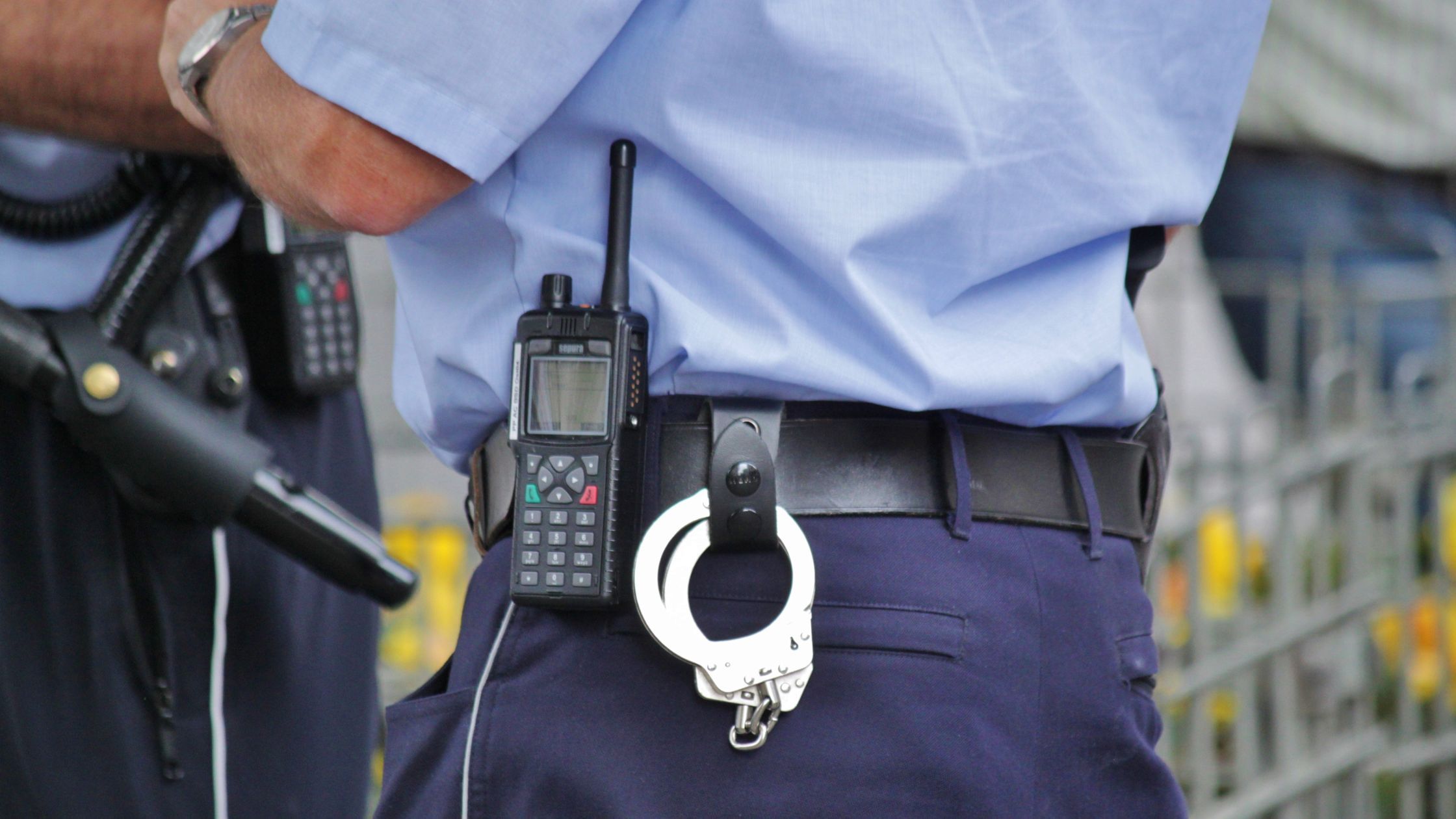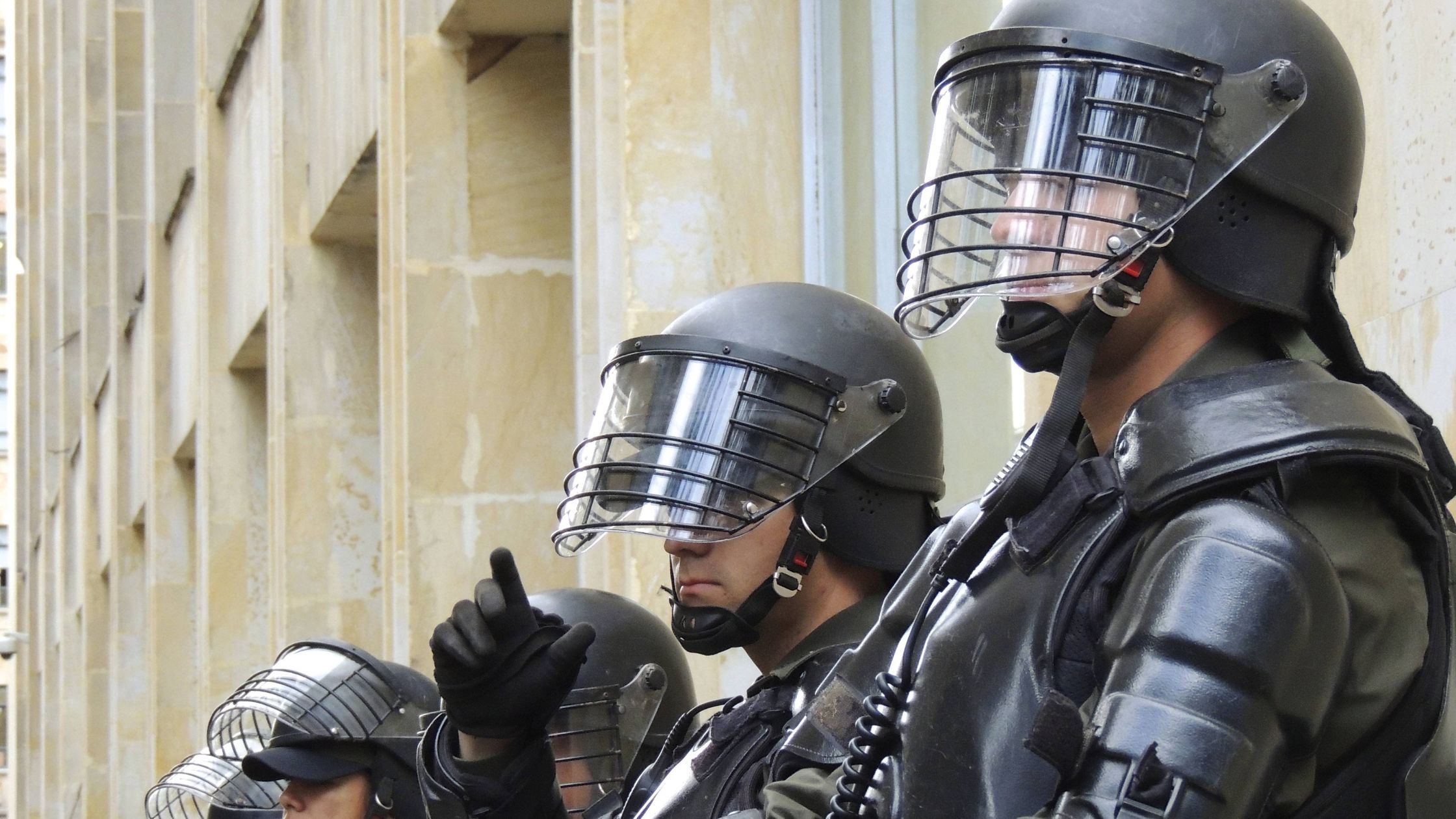Police Officers in the UK are given powers which allow them to arrest a person without a warrant, provided that certain criteria are met.
Police Officers are allowed to use "reasonable force" in carrying out their duties, specifically when using their powers of arrest, however their actions must be lawful, proportionate and necessary.
These actions must also satisfy a two stage test before an arrest is made. This test is known as the Necessity Test and derives from the case of Hayes v Chief Constable of Merseyside Police.
- The officer must have reasonable grounds to suspect an offence has been committed and that the person has committed or attempted to commit it.
- She must have reasonable grounds for believing that the person's arrest is necessary to: -
a) Ascertain the persons name.
b) Ascertain the persons address.
c) Prevent physical harm to self or another or suffering physical injury.
d) Prevent loss of or damage to property.
e) Prevent an offence against public decency.
f) Prevent an unlawful obstruction of the highway.
g) Protect a child or vulnerable person.
h) Prevent any prosecution being hindered by the disappearance of the person in question.
i) Allow a prompt and effective investigation of the offence or of the conduct of the person in question.
The officer must choose at least one of these reasons for an arrest to be lawful. The reasons for the arrest must be explained to the suspect so that they understand why they have been deprived of their liberty and why they have been arrested.
The arrest and detention of a person by the Police is a serious step, as it deprives a person of their liberty. It may also cause distress and upset to the arrested person along with their families. It is for these reasons that the police powers and responsibilities are regulated by statue and should these powers be abused, it is every citizen's right to challenge the actions of the police and to hold them accountable.
One such way is to seek damages (compensation) from the Chief Constable of the relevant police force. This was done in the recent case of Stewart & Chergui v The Commissioner of Police of the Metropolis which involved the wrongful arrest of a person together with their being handcuffed and detained. The Court awarded the Claimant damages of £1,300 for the wrongful arrest, detention and handcuffing. There was no use of excessive force in this case and had there been, damages awarded would have been even higher. Also in this case, a minor (person under 18 years of age), who was wrongfully arrested and handcuffed in a public place, was awarded £500.
If you believe you have been wrongfully arrested, handcuffed and/or detained, you may have a claim against the police. Our experienced legal team are available to offer advice and guidance on these matters and to determine if you have a claim against the police.






























